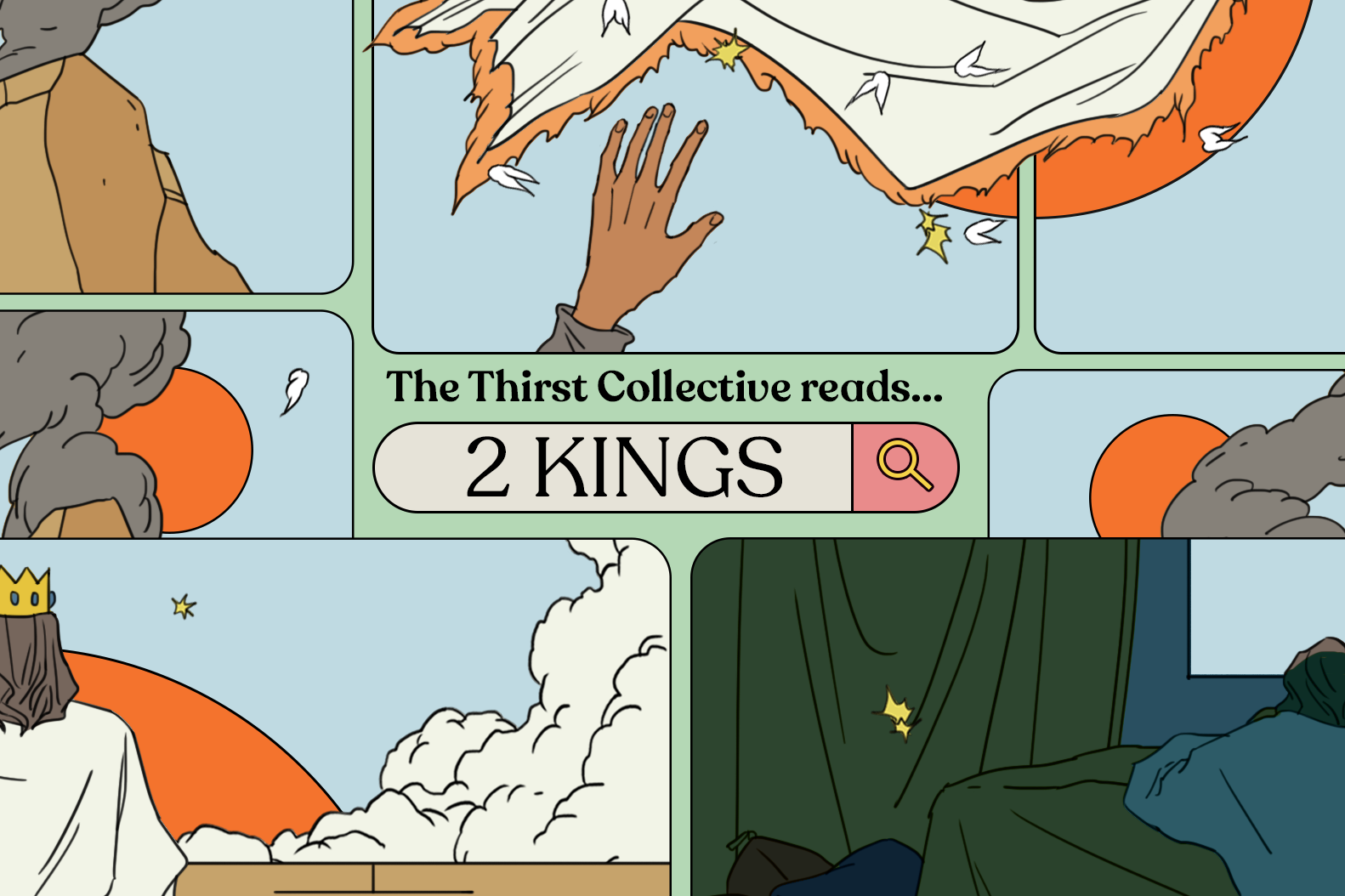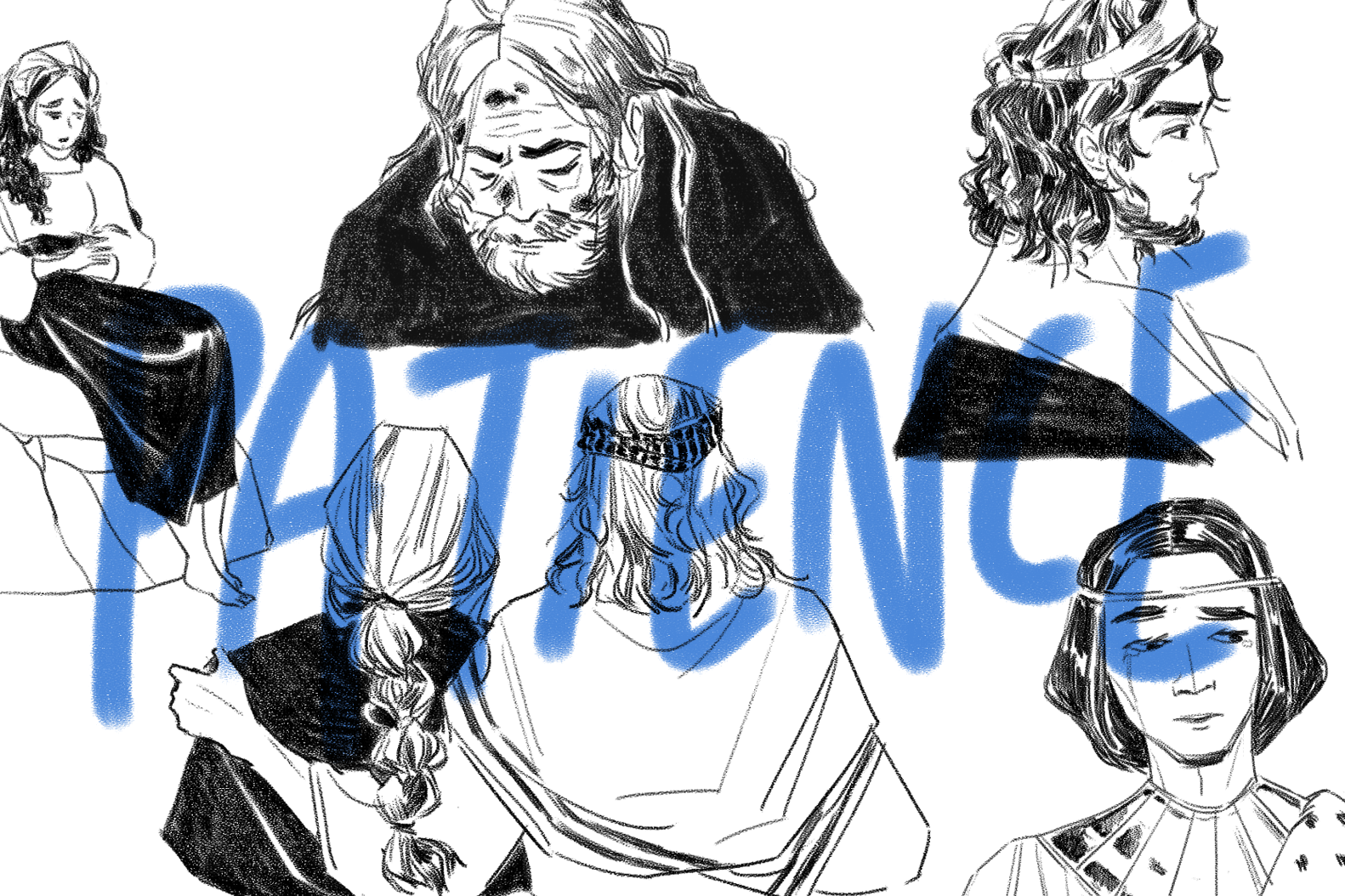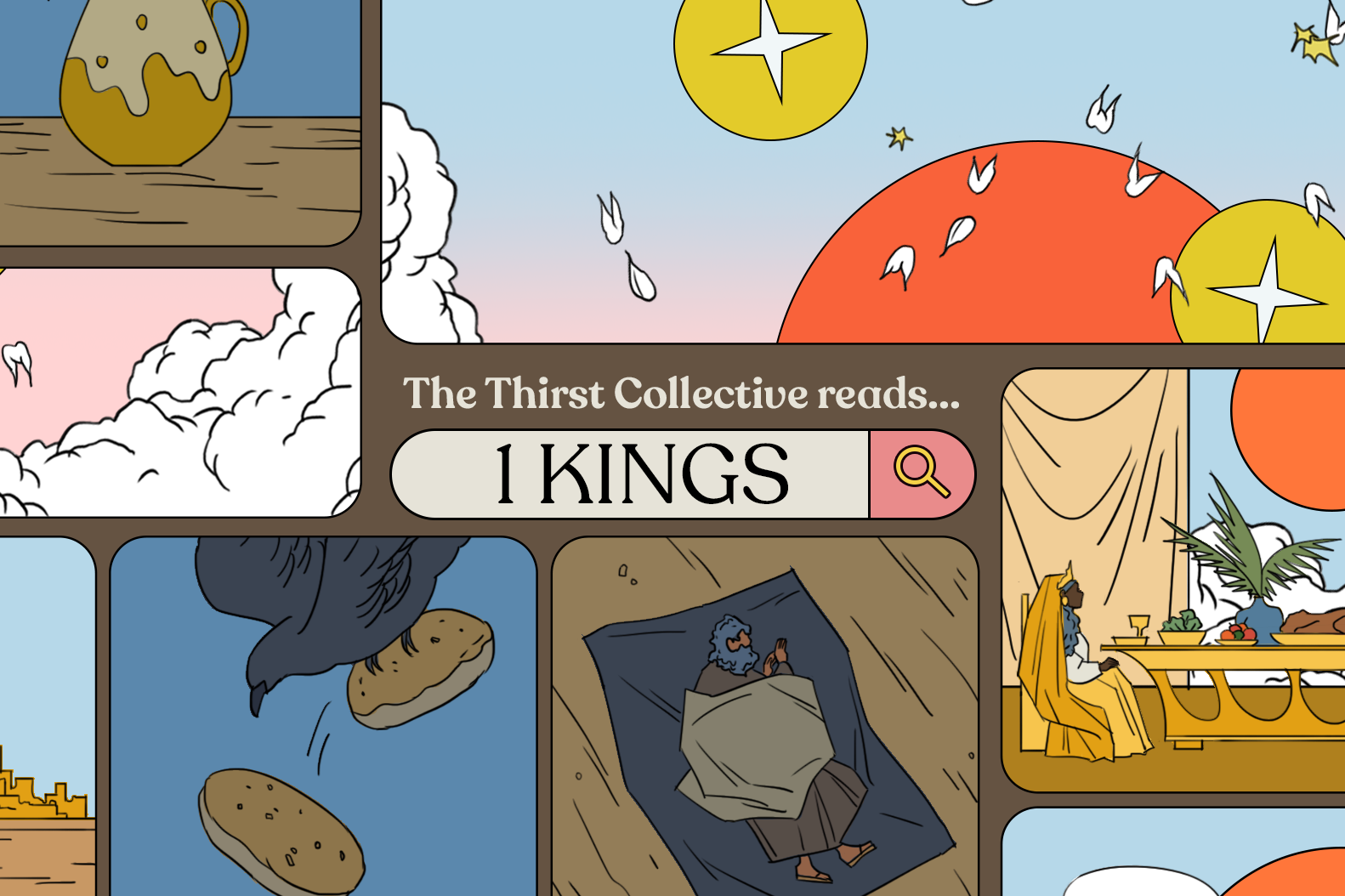Last November, I was in Sydney to attend Hillsong’s Worship and Creative Conference. The conference had its theme based on the Psalms of Ascent (Psalm 120-134) and was meant to inspire and equip attendees in worshipping our Creator creatively.
Personally, it was a fantastic experience and it was clear that Hillsong’s creative team had been prayerful about every single aspect of the conference. It was also an eye-opening experience for me as a first-timer, to see church being operated on such a global and exciting scale.
On the final night, Cass Langton, Hillsong’s global Creative Pastor, commissioned the entire congregation to use our gifts with the sole purpose of allowing others to see His truth.
As we prepared to “descend from the mountains where we had discovered our faith” and head back to our daily lives and weekly routines in church, we had to be prepared to “practice (that same) faith in the valleys”.
Indeed, I left Hillsong incredibly refreshed and excited. I was ready to commit. I was raring to go.

The Lord spoke immediately and clearly the very next day.
My devotions were on 1 Chronicles 13, where King David wanted to bring the Ark of the Covenant back to Jerusalem after he had consolidated the kingdom of Israel. The Ark was finally being returned to the Israelites after the Philistines had held it captive for almost 70 years.
“David conferred with each of his officers … He then said to the whole assembly of Israel, ‘If it seems good to you and if it is the will of the Lord our God, let us send word far and wide to the rest of our people throughout the territories of Israel, and also to the priests and Levites who are with them in their towns and pasturelands, to come and join us.
Let us bring the ark of our God back to us, for we did not inquire of it during the reign of Saul.’ The whole assembly agreed to do this, because it seemed right to all the people.” (1 Chronicles 13:1-4)
Now the Ark of the Covenant (not to be confused with Noah’s Ark) was literally where the presence of God rested. Back in the time of the Exodus, where the Israelites were taken out of Egypt after 400 years of slavery, the Lord Himself had given Moses specific instructions in the building of the Ark (Exodus 25).
Only the priestly tribe of Levi could carry the Ark, with inbuilt poles placed on their shoulders. The Ark accompanied the Israelites everywhere they went, and was placed in the innermost courts – the Holy of Holies – of the tabernacle, called the Tent of Meeting, whenever they set up camp.
Once a year on the Day of Atonement, the appointed High Priest could visit the Holy of Holies on behalf of the people of Israel. God had long warned His people that this was an extremely sacred object, and anyone who approached it inappropriately would die (Numbers 4:15).
So in this part of the passage that I was reading, the Ark was on its journey back in “a new cart” (1 Chronicles 13:7). Alongside, King David was leading the Israelites in a celebration “with all their might before God, with songs and with harps, lyres, timbrels, cymbals and trumpets” (1 Chronicles 13:10).
Yet, despite the festivities of the day, the Ark didn’t make it into Jerusalem. Instead, the story took a seemingly ugly turn when a man, Uzzah, was struck down by the Lord while trying to steady the Ark when the oxen pulling the cart stumbled.
In the enthusiasm for ministry and building the Kingdom, have we unknowingly or carelessly cut corners with the holiness and sovereignty of God?
“When they came to the threshing floor of Kidon, Uzzah reached out his hand to steady the ark, because the oxen stumbled. The Lord’s anger burned against Uzzah, and he struck him down because he had put his hand on the ark. So he died there before God.” (1 Chronicles 13:9-10)
King David was left angry and afraid: How did a day set aside to praise God end up in such tragedy? The answer doesn’t just lie in our intentions. The answer is whether our intentions are aligned with His.
There are three reasons why David’s good and seemingly godly decisions to bring the Ark back to its rightful people were inherently flawed:
- In the passage it was recorded as a decision that seemed right to King David and the people, not a word from God that directed them to do move the Ark.
- King David would have known that the Ark was meant to be carried only by Levites (Numbers 4:15), not the men he was with, and placed across the shoulders, not on a cart.
- Uzzah should have known that the Ark was not meant to be touched as it was highly sacred and came with a pre-warning, regardless of any good intentions (Numbers 4:15).
So while King David may have recognised the importance of the Ark as the dwelling of the Lord’s presence, he neglected to recognise the holiness of the Ark. Nor did Uzzah recognise the sovereignty of God to protect His own, or the severity of the instruction of sacredness.
In the enthusiasm for ministry and building the Kingdom, have we unknowingly or carelessly cut corners with the holiness and sovereignty of God? Have we overruled the King with our agendas and intentions?

King David had the best of intentions in wanting to bring the Ark back to Jerusalem. And for us in ministry where we have the privilege of creating programmes and events, I believe we also have the best of intentions in doing so.
Yet we are often driven by the desire for it to be spectacular – to have dancers and musicians lining the streets to celebrate, to be able to completely create something new. We may create for the sake of creating, under the excuse of aesthetics or the temptation of theatrics.
We may end up, like King David and the Israelites, forgetting the most important intention we should always have: To bring honour to God starting with obedience to His will. And we will only be able to do that if our intentions are aligned with His. And that alignment can only happen if we inquire of Him.
So yes, Hillsong was a wonderful experience and left me convicted of my own calling. But what I was more convicted of was the pressing need to be aligned with God – not just for ministry, but in the day to day.
As most of you will probably be racing ahead in the new year, let me encourage you with something I once read: “God doesn’t need you to ask Him to bless what you are doing. Instead, ask Him what He’s doing because it will already be blessed.”









